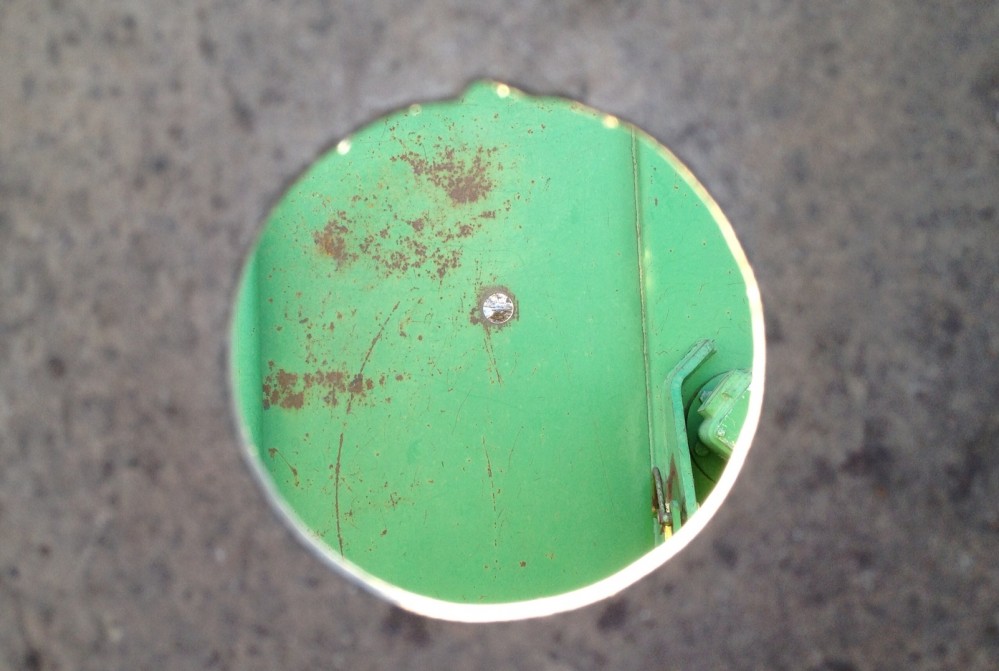Last Wednesday night, May 15, 2013, we watched a line of storms on the TV weather radar. The colors grew from greens and yellows to reds and purples, darker and darker, as the bright lines twisted together in ever more complex patterns. Tension and worry grew in the meteorologist’s voice as he waved his hands at the front racing across the screen.
Then, the reports started coming in: Tornadoes were on the ground . . . in the small towns south of Dallas and Fort Worth . . . the rain was too dense . . . it was too dark to see what was happening . . . a tornado a mile wide was ripping Granbury . . . more funnels clouds were sighted approaching Cleburne . . . Ennis was on the path.
Some months ago, we drove through Granbury on the way to visit a niece down the road in a small college. Granbury is a pretty town built along a long lake formed from the Brazos River. On the way back, we changed our path to drive through Dinosaur Valley and then skirt the town of Cleburne, where a nephew who is a police officer lives with his young family. From there, we angled back up to Dallas, but farther ahead to the east is the village of Ennis, the rolling hills of the bluebonnets and the little kolache shop down by the interstate. These are the homelands of my wife and her family, the settling farms of the Czechs and Germans who till and love the land. Not far to the south is the hamlet of West where, on Wednesday, April 17, 2013, the local fertilizer plant ignited in a fireball and exploded with a force that devastated the small country community and was seen around the world.
Last Wednesday night, May 15, 2013, 16 tornadoes struck north of West and south of Dallas-Fort Worth. In the sister towns of Ennis, Cleburne and Granbury – with Granbury the hardest hit – six people lost their lives, more than a 100 were injured and 100 homes were destroyed.
In Granbury, Eddie Parsons, his wife Bobi and their three sons huddled beneath pillows and mattresses in two bathtubs as the winds raged and the deafening sounds assaulted the four-bedroom home. When they dared look out, nothing remained but the slab of the house and the two bathtubs. “God wrapped his arms around us here, just long enough,” Eddie’s voice cracked, as his eyes searched the concrete for their past life.
In the same neighborhood, Christy Russell, her husband Carlton and daughters Bryanna and Addison, surveyed the devastation that had left many around them homeless. They had been lucky. Their home had minimal damage. At the side of her mother, 11-year-old daughter Bryanna said simply, “Stuff can always be replaced.” Yesterday, on Sunday, the family went back. “We want to clean up our house so we can help others,” Mom said.
In less than a month, the farmlands and small towns south of Dallas and Forth Worth have suffered much. Stuff can be replaced. People cannot. We mourn their passing. Stuff can be replaced. It will be, and those no longer with us will be remembered. There is great strength in the rolling hills and soft plains of these lands. There is greater strength in the quiet hands and strong hearts of the townspeople and farmers who will help each other rebuild the homes and remember their dead.
Grandpa Jim
